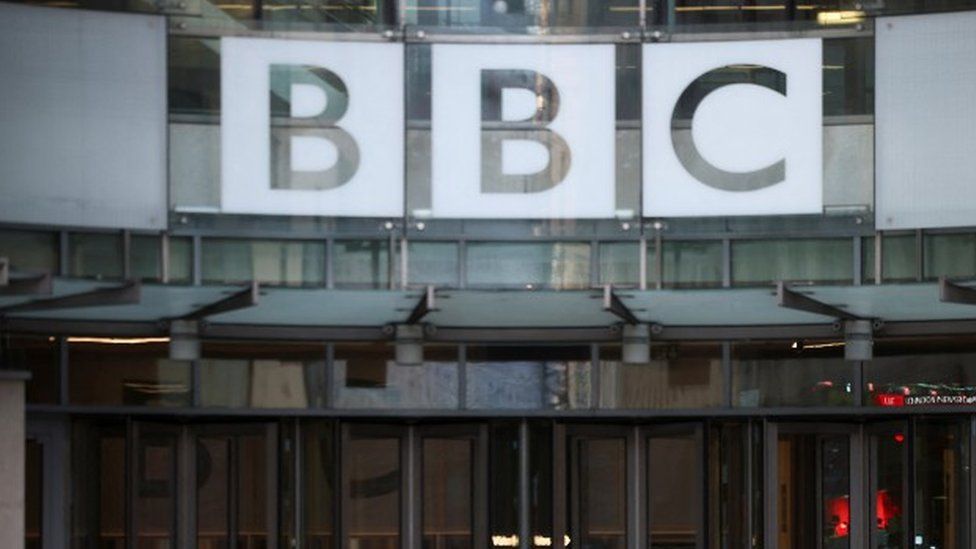ARTICLE AD BOX
 Image source, Reuters
Image source, Reuters
The broadcaster is promising to explain better how audience feedback works
The BBC has announced changes to its complaints process, vowing to make it easier and more transparent.
The corporation said that in order to "maintain audience trust" it would make its complaints website easier to find and use.
It follows a review by media watchdog Ofcom, which said the BBC needed to be more "open and clear with audiences".
The changes, expected within six months, will aim to help improve how editorial teams respond to complaints.
The broadcaster is also promising to explain better how audience feedback is shared and used, while improving "how we explain the steps in the complaints process".
"Trust is a core value of the BBC," said director general Tim Davie. "If audiences want to raise a complaint they must be dealt with swiftly, fairly and consistently and the process must be easy to understand.
"We thank Ofcom for their research which has helped inform these changes."
In June this year, Ofcom warned the BBC it "must be much more open and clear with audiences about how it handles their complaints, responds to concerns and meets viewers' and listeners' needs".
As a result, the BBC carried out its own internal research, which suggested that 84% of complainants - from a sample of 1,735 - felt the process of contacting the organisation was already "easy" or "very easy".
Image source, PA Media
Image caption,Tim Davie: "If audiences want to raise a complaint they must be dealt with swiftly, fairly and consistently"
Overall satisfaction with the current complaints process was very good, according to the same report.
The BBC said it will do the following:
- Update its complaints webpages to ensure they are as easy to find and navigate as possible.
- Give greater prominence to how to make an editorial complaint on the BBC website, with video content that explains how the BBC handles complaints, and how audience feedback is shared across the corporation.
- Ensure that additional text is included in all responses to complainants at each stage of the process, setting out what the next step might be.
It added that if complainants are not satisfied with their initial response, they can "write back to us and expect a further reply".
But it also said that following its audience research, "greater care will be taken" to ensure these responses contain "a more reasoned or detailed response, where possible".
The BBC added that one of the strengths of the complaints process was that audiences can engage with editorial teams right across the corporation.
'Improving guidance'
"At this stage of the complaints process, we will make sure editorial teams are directly involved in the response," it said.
"We know that delays can occur at this stage so we are improving guidance to teams and will enforce compliance with the process, aiming to significantly boost the speed and quality of audience interactions."
Last year, the BBC confirmed it received 109,741 complaints from the public over its blanket coverage of the Duke of Edinburgh's death.
However the corporation said it was "a significant event which generated a lot of interest both nationally and internationally".

 1 year ago
24
1 year ago
24








 English (US)
English (US)